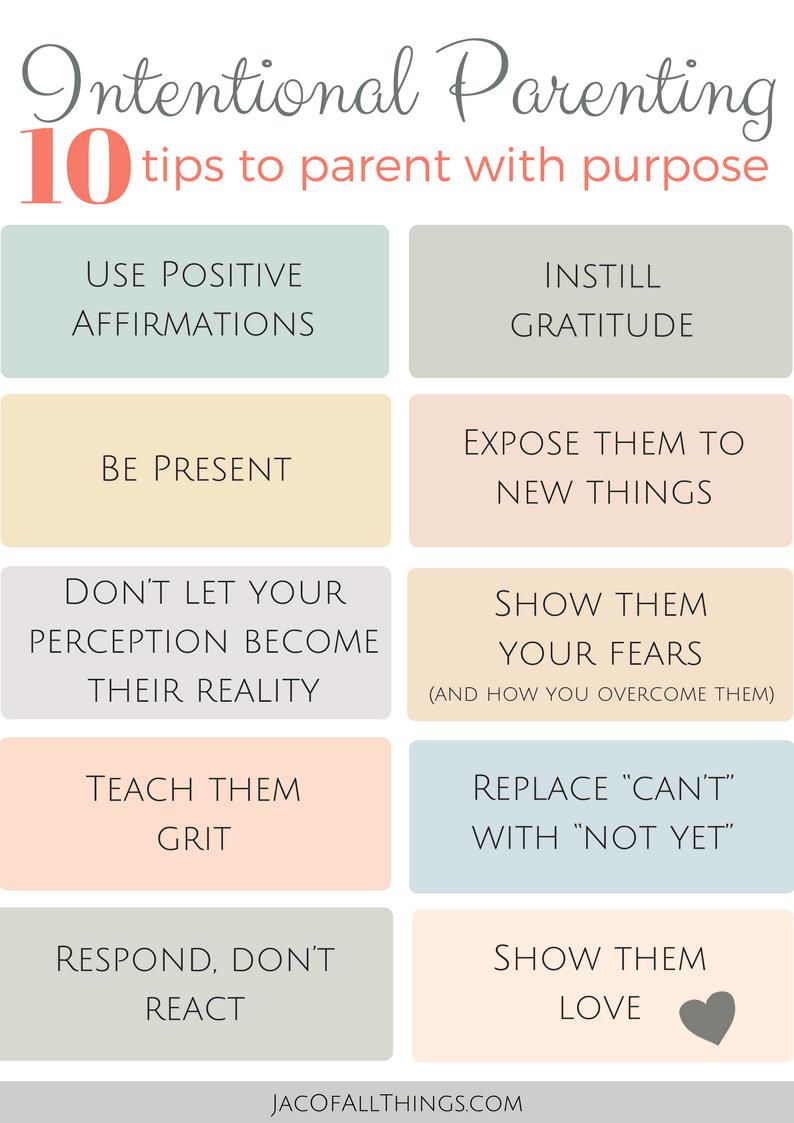
Did you know that 72% of parents feel that their parenting approach needs to change in order to better prepare their children for the future?
It's no secret that being a parent is one of the most challenging and rewarding jobs out there. As your child grows and changes, so must your parenting approach. And with the ever-evolving world we live in, adapting your style has never been more important.
As a parent, you have the power to shape the future generation and help guide them towards success. But in order to do so, it's crucial that you take an active role in transforming your parenting approach.
This means setting boundaries, fostering independence, building resilience, and nurturing growth and development. By embracing change and growth as a parent, you can create a brighter tomorrow for both yourself and your child.

So let's explore how making small adjustments to your parenting style can be a catalyst for positive change in your family dynamic.
The Importance of Adapting Your Parenting Approach
You might be stuck in old habits, but it's crucial to adapt how you parent to ensure your child's success. Adapting parenting approaches means being willing to change and evolve as your child grows and their needs change.
The world is constantly evolving, and future outcomes depend on how well children can navigate the challenges of an ever-changing society. By adapting your parenting approach, you're setting your child up for a brighter tomorrow. You'll be able to provide them with the tools they need to succeed in life while also instilling values that will help them become responsible adults.
But it's not just about the future outcomes; it's also about creating a healthy relationship between you and your child today. As you set boundaries and establish routines, remember that these are opportunities for growth and connection rather than strict rules to follow blindly.
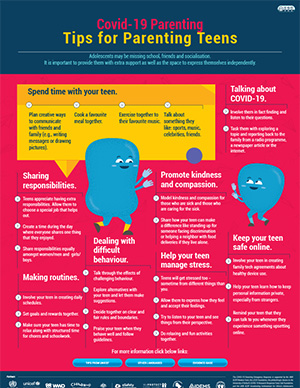
Setting Boundaries and Establishing Routines
As you lay the foundation for your family's daily routines, remember that carefully crafted boundaries can act as guideposts to help navigate the unpredictable waters of life.
Establishing consistency in your household can provide a sense of security and stability for your children. This can be achieved by setting clear expectations and consequences for behavior, consistently enforcing rules, and modeling positive behaviors yourself.
Promoting accountability is another important aspect of setting boundaries. Encouraging your children to take responsibility for their actions and decisions can help them develop a strong sense of self-discipline and self-regulation. By holding them accountable for their choices, you are teaching them valuable life skills that will serve them well into adulthood.
With consistent boundaries in place, both you and your children will have a better understanding of what is expected, ultimately leading to a more harmonious family dynamic.
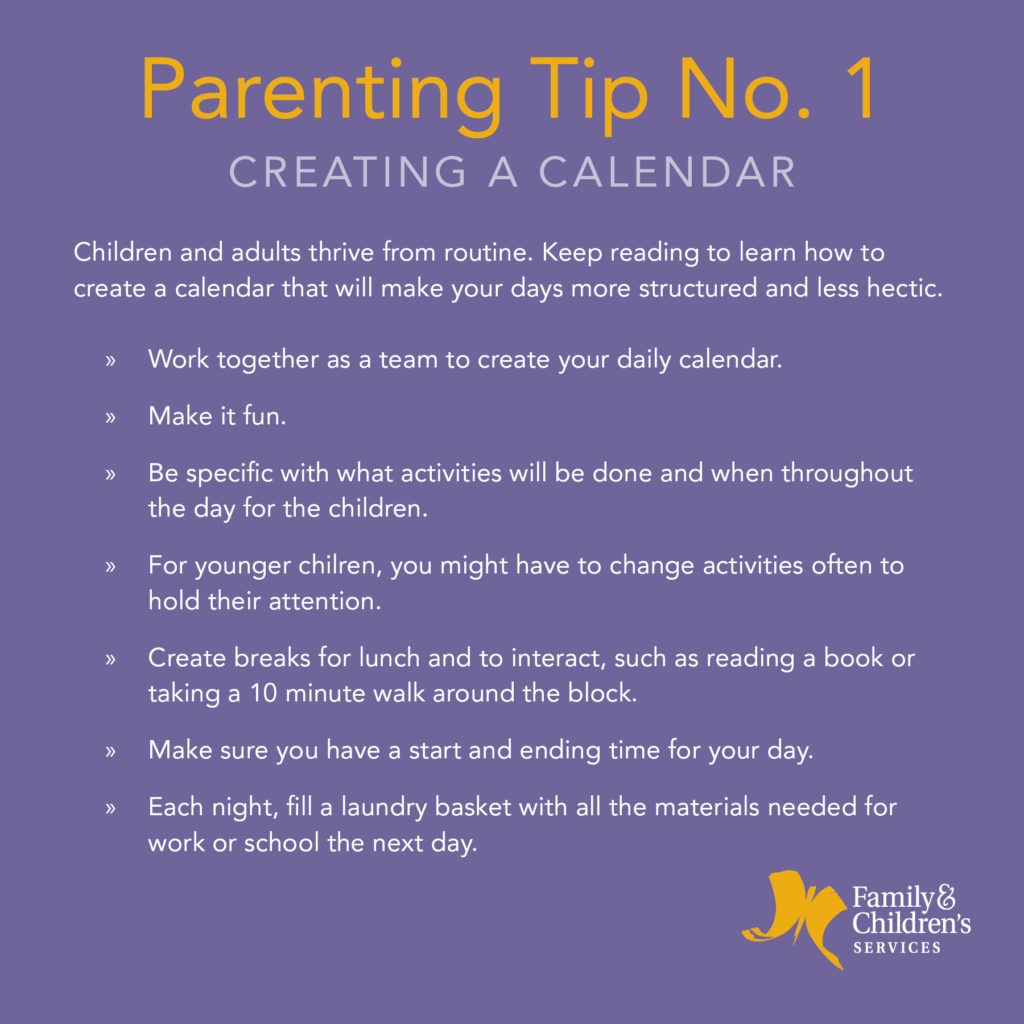
As you establish these routines and boundaries within your household, keep in mind that fostering independence is also an important part of raising confident, capable children who are prepared to face the world on their own terms.
Fostering Independence
You want to raise independent children who can make their own decisions and feel confident in their abilities. To do this, you need to encourage decision-making by giving your child opportunities to make choices and express their preferences.
It's also important to allow for mistakes because they provide valuable learning experiences that build resilience and problem-solving skills.
Finally, promoting self-reliance means teaching your child practical life skills and gradually letting go of control so they can take ownership of their lives.
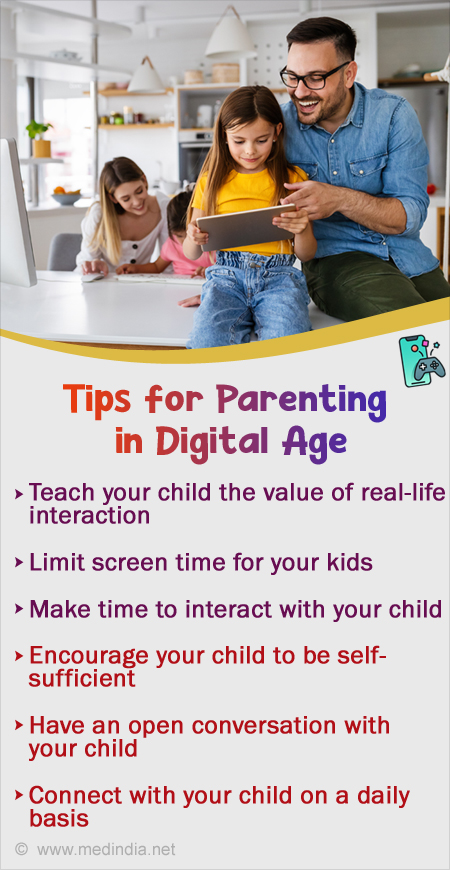
By fostering independence, you're helping your child become a capable and confident adult.
Encouraging Decision-Making
When it comes to helping your child make decisions, imagine yourself as a guide on their journey rather than a director of their path. Empowering autonomy and fostering confidence in decision-making can be achieved by allowing them to take the lead and giving them the space to explore different options.
Encouraging your child's decision-making skills will teach them valuable life lessons that they can carry into adulthood. To help develop their decision-making abilities, give your child opportunities to make choices. Start with simple decisions like what clothes to wear or which book to read before bedtime. As they get older, allow them more responsibility in making choices that affect their lives such as what extracurricular activities they want to pursue or how they want to spend their allowance.
By doing so, you are building their self-confidence and teaching them how to weigh options and consider consequences before making a choice. Remember that mistakes are an inevitable part of the learning process. Even when things don't turn out as planned, try not to intervene too quickly or become overly critical.

Instead, offer guidance and support while encouraging your child to learn from the experience. In the next section, we'll discuss why allowing for mistakes is an important step in raising independent thinkers.
Allowing for Mistakes
Take a step back and let your child stumble occasionally, giving them room to grow and learn from their mistakes. Reframing mistakes as opportunities for growth can help foster a growth mindset in your child.
When children are allowed to make mistakes, they learn valuable lessons about taking risks, problem-solving, and resilience. As a parent, it's natural to want to protect your child from failure and disappointment. However, constantly shielding them from adversity can hinder their personal growth.
By allowing your child to experience setbacks and missteps, you are providing them with the opportunity to build confidence in their ability to overcome challenges. Embracing an attitude of acceptance towards mistakes can set the stage for promoting self-reliance in your child's life.

Get ready to help your child spread their wings like a butterfly by encouraging them to make decisions and take responsibility for their actions. Promoting self-reliance in children is essential for their growth and well-being. By teaching them how to be self-sufficient, you're giving them the tools they need to navigate through life with confidence.
One way to promote self-reliance is by allowing your child to solve problems on their own. Instead of always providing the solution, guide them towards finding it themselves. This will not only build problem-solving skills but also boost their sense of independence and trust in themselves.
Remember, promoting self-reliance doesn't mean abandoning your child altogether - it means giving them the support they need while allowing room for growth and development.
Encouraging self-sufficiency sets the foundation for building resilience in children, which we'll delve into shortly. But first, let's explore how promoting autonomy can lead to happier and more successful adults down the road.

Building Resilience
To help your child navigate life's challenges and setbacks, building resilience is key. You can start by teaching coping skills, such as deep breathing or mindfulness practices, to help them manage stress and anxiety.
Encouraging positive self-talk and promoting emotional intelligence will also equip your child with the tools they need to bounce back from adversity and thrive in the face of obstacles.
By fostering resilience, you're giving your child a valuable gift that will serve them well throughout their lives.
Teaching Coping Skills
You can help your child cultivate resilience and emotional intelligence by teaching them practical coping skills that will benefit them for life. Teaching coping skills is an essential part of promoting self-awareness, which helps children to identify their emotions and understand how they respond to different situations.

Coping skills are tools that children can use to manage difficult or stressful situations effectively. It's important to teach your child a range of coping strategies, as what works for one child might not work for another.
One effective way to teach coping skills is by modeling healthy behaviors yourself. Children often learn through imitation, so if you handle stress in a positive way, your child is likely to follow suit. Encourage your child to identify their emotions and talk about how they're feeling openly. This helps them build healthy communication skills and develop a better understanding of themselves and others.
By teaching your child practical coping skills from an early age, you're setting them up for success in the future. Encouraging positive self-talk is another powerful tool in building resilience and emotional intelligence in children. By helping your child develop a positive inner voice, you're equipping them with the ability to overcome challenges with confidence and grace.
Positive self-talk involves using affirmations, visualizations, and other techniques to promote a sense of calm during stressful situations. When your child learns to speak kindly to themselves internally, it boosts their self-esteem and empowers them with the ability to navigate life's ups and downs more effectively.
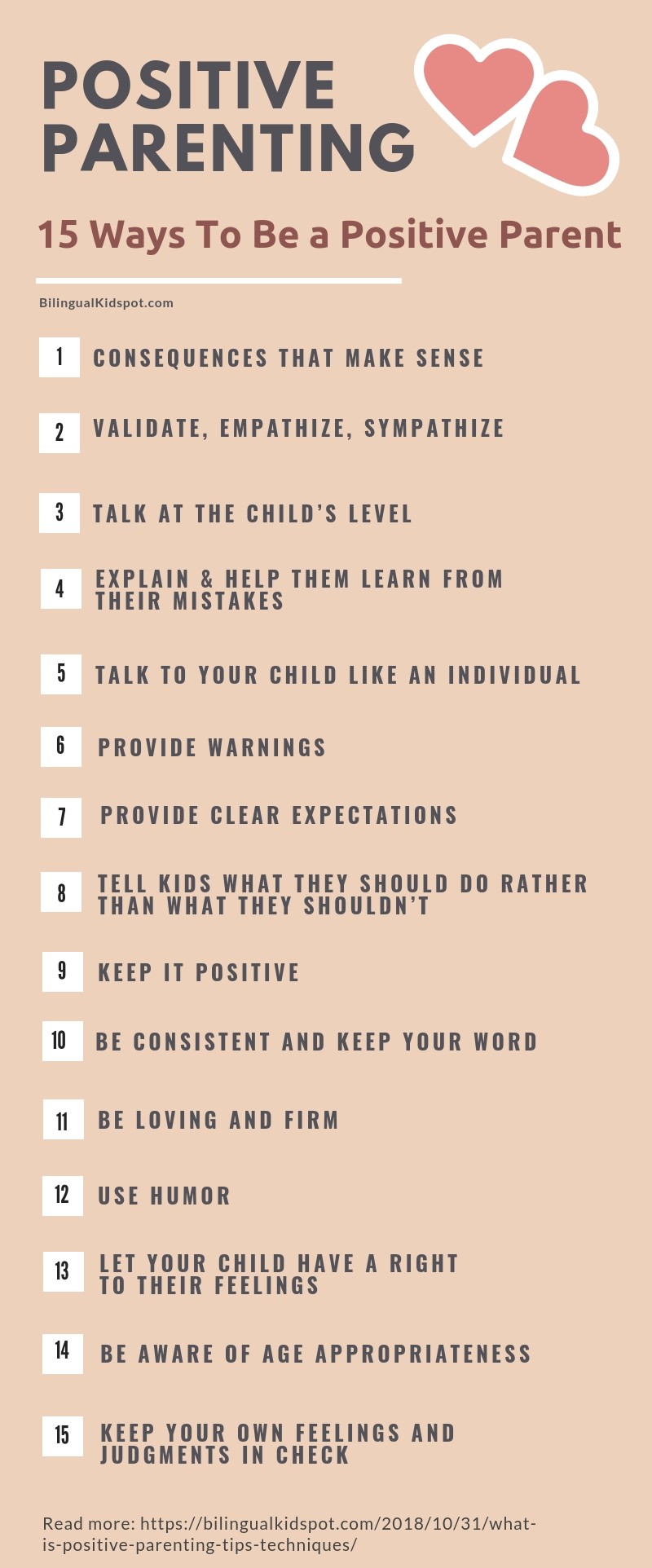
Encouraging Positive Self-Talk
Now that you've helped your child develop coping skills, it's time to focus on building their self-esteem. One way to do this is by encouraging positive self-talk through the use of affirmations.
Positive affirmations are statements that help your child focus on their strengths and abilities rather than their weaknesses and limitations. By repeating these affirmations regularly, your child can start to believe in themselves and their potential.
This can lead to a more positive outlook on life, better decision-making skills, and increased confidence. As a parent, it's important to model positive self-talk yourself and reinforce it with your child whenever possible.
Encouraging positive self-talk is just one step in promoting emotional intelligence in your child. By teaching them how to regulate their emotions effectively, they will be better equipped to handle any challenges that come their way.

So let's move on to the next section where we'll discuss some strategies for promoting emotional intelligence in children.
In this section, let's explore ways to help your child develop emotional intelligence and build the skills they need to navigate life's challenges with confidence and resilience.
Emotional regulation is a crucial aspect of emotional intelligence. It refers to the ability to manage and control emotions effectively. As parents, we can encourage our children to identify their feelings, understand why they're feeling that way, and find healthy ways to express those emotions.
Empathy development is another important component of emotional intelligence. Empathy means being able to understand someone else's feelings or perspective. We can teach our children empathy by modeling it ourselves, encouraging them to see things from other people's perspectives, and helping them identify how others may be feeling in different situations.

With these skills in place, our children will be better equipped to handle conflicts, communicate effectively with others, and maintain healthy relationships throughout their lives.
As you continue on your parenting journey towards nurturing growth and development for your child, remember that building emotional intelligence is an ongoing process that requires patience and consistency. By focusing on emotional regulation and empathy development early on in your child's life, you set the foundation for a brighter tomorrow filled with confident and resilient individuals who are ready to face any challenge that comes their way.
Nurturing Growth and Development
As a parent, it's crucial to foster an environment that allows your child to flourish and grow into the best version of themselves. This can be achieved by implementing child-led learning and play-based activities in their daily routine. Here are four ways you can nurture growth and development in your child:
Encourage curiosity: Children are naturally curious beings, so it's important to encourage this trait by providing them with opportunities to explore and learn about the world around them.

Provide a safe space for mistakes: Failure is a natural part of the learning process, but children can often feel discouraged or ashamed when they make mistakes. By creating a safe and supportive environment where your child feels comfortable making mistakes without fear of judgment or punishment, you'll help them develop resilience and self-confidence.
Foster independence: Allowing your child to take on age-appropriate responsibilities, such as dressing themselves or helping with household chores, will help build their sense of independence and self-sufficiency.
Celebrate small victories: Celebrating small achievements along the way will encourage your child to continue making progress towards their goals.
By incorporating these strategies into your parenting approach, you'll not only nurture your child's growth and development but also empower them to become confident, independent learners who are eager to explore the world around them.

In conclusion, embracing change and growth as a parent is essential for creating a positive environment for both you and your child. By continually seeking out new approaches that foster emotional intelligence and nurture growth and development, you'll create a brighter tomorrow filled with endless possibilities for both yourself and your child.
Conclusion: Embracing Change and Growth as a Parent
You can create a positive and empowering environment for yourself and your child by embracing change and growth as a parent. It may seem daunting at first, but learning to adapt to new situations and being open to different approaches will allow you to become more resilient in the face of challenges.
By prioritizing personal growth, you can model healthy behaviors for your child and instill a lifelong love of learning. Embracing change also means recognizing that mistakes are opportunities for growth rather than failures.
As you navigate the ups and downs of parenting, remember that no one is perfect. Instead of beating yourself up over small missteps, use them as teachable moments for both yourself and your child. By choosing to approach each day with an open mind and heart, you'll set the stage for a bright future full of endless possibilities.

Frequently Asked Questions
What are some common mistakes parents make when trying to adapt their parenting approach?
As a parent, it's easy to fall into the trap of making common parenting mistakes when trying to adapt your approach.
One mistake is being too rigid with your rules and expectations, which can lead to frustration and resentment from both you and your child.
Another mistake is not taking the time to truly listen and understand your child's perspective, leading to misunderstandings and miscommunication.
But effective adaptation techniques involve being flexible with your approach while still maintaining consistency, actively listening and empathizing with your child, and staying open-minded to new ideas and perspectives.

Remember: "The only thing constant in life is change," so embrace it as an opportunity for growth in both yourself and your children.
How can parents effectively communicate and enforce boundaries with their children?
To effectively communicate and enforce boundaries with your children, it's important to practice active listening and positive reinforcement. This means taking the time to really hear your child's perspective and acknowledging their feelings, while also highlighting when they've done something well.
Consistency is key in enforcing boundaries, making sure that consequences are followed through every time a rule is broken. However, it's also important to be flexible and willing to adjust boundaries as your child grows and develops.
By finding a balance between consistency and flexibility, you can create a safe and supportive environment for your child to thrive in while still maintaining structure.

What are some strategies for encouraging independence in children without compromising safety?
You want your child to grow up as an independent, confident individual. But the thought of letting them go too far and compromising their safety is daunting.
Encouraging autonomy while taking safety measures is a delicate balancing act every parent faces. To achieve this balance, start by setting clear boundaries and expectations for your child's behavior. Allow them to make choices within those boundaries, giving them a sense of control without sacrificing safety.
Teach them important skills such as crossing roads safely or telling you if they're feeling uncomfortable in a situation. Remember that mistakes will happen along the way, but it's part of the learning process.
With patience and trust, you can help your child navigate the world with both freedom and protection, creating a brighter tomorrow for them and for you. As the saying goes, "Give them roots to grow and wings to fly." By doing so, you are preparing them to be independent, confident, and responsible adults who can make their own decisions and contribute positively to society.

How can parents help their children develop resilience in the face of adversity?
Building resilience in children is essential for their growth and development. As a parent, you can help your child develop coping skills by encouraging a growth mindset and fostering perseverance.
Teach them that failure is not the end but an opportunity to learn and grow. Encourage them to take on challenges that may seem difficult at first, and be there to support them when they struggle.
By doing this, you're helping your child build resilience and the ability to bounce back from adversity. Remember, it's important to let your child experience some level of discomfort as this will help them become stronger in the face of challenges.
So keep pushing, guiding, and supporting your child through life's ups and downs – you're building their resilience one step at a time!

What are some activities or practices that parents can do to nurture their child's growth and development beyond basic parenting responsibilities?
To nurture your child's growth and development beyond basic parenting responsibilities, you can try incorporating play-based learning and creative expression into their daily routine.
Encouraging your child to engage in outdoor exploration will also help promote physical activity and a connection with nature.
Additionally, practicing mindfulness together can teach valuable coping skills for stress and anxiety.
These activities not only support their overall well-being but also foster a sense of independence and curiosity that can lead to a brighter future.
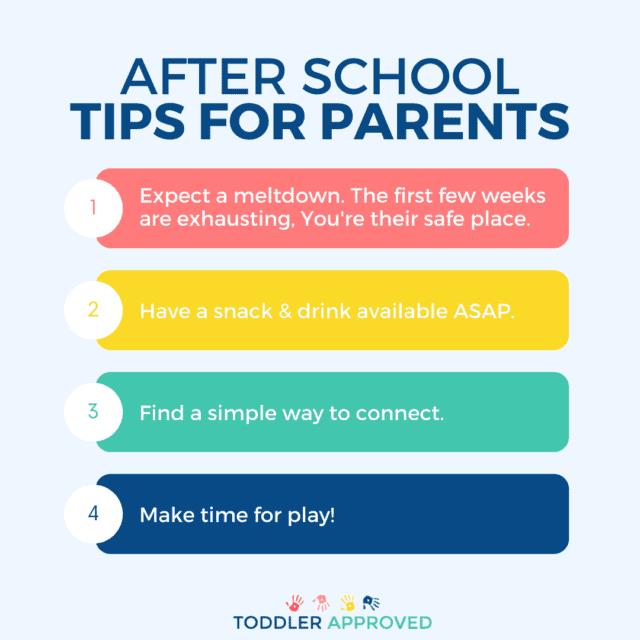
By prioritizing these practices, you're empowering your child to learn through experience, creativity, and self-reflection.
Conclusion
Congratulations! You've made it to the end of this article and hopefully, you've gained some valuable insights on how to transform your parenting approach. As a parent, you have the power to shape your child's future by adapting and evolving with them.
Did you know that according to a recent study, children who grow up in households with involved parents are more likely to succeed academically and socially? This just goes to show that your role as a parent is crucial in your child's overall development.
By setting boundaries and establishing routines, fostering independence, building resilience, and nurturing growth and development, you can create a positive environment for your child.

Embrace change and growth as a parent because it will benefit not only your child but also yourself. Remember that every moment is an opportunity for learning and improvement.
So keep striving towards being the best version of yourself as a parent. Your child deserves it!
 RelationshipsHealthWorkMoneyParentingRetirementPrivacy PolicyTerms And Conditions
RelationshipsHealthWorkMoneyParentingRetirementPrivacy PolicyTerms And Conditions
